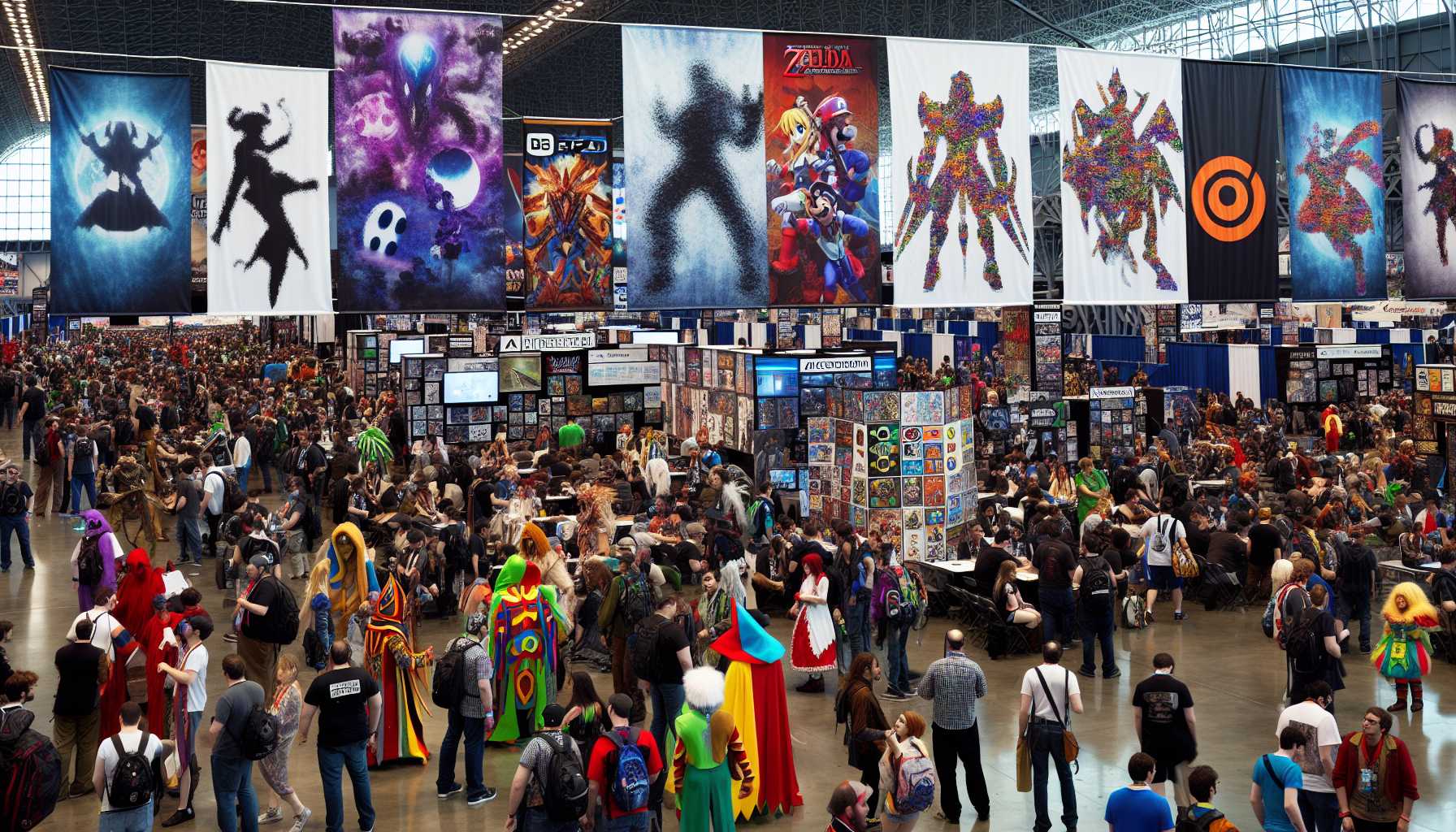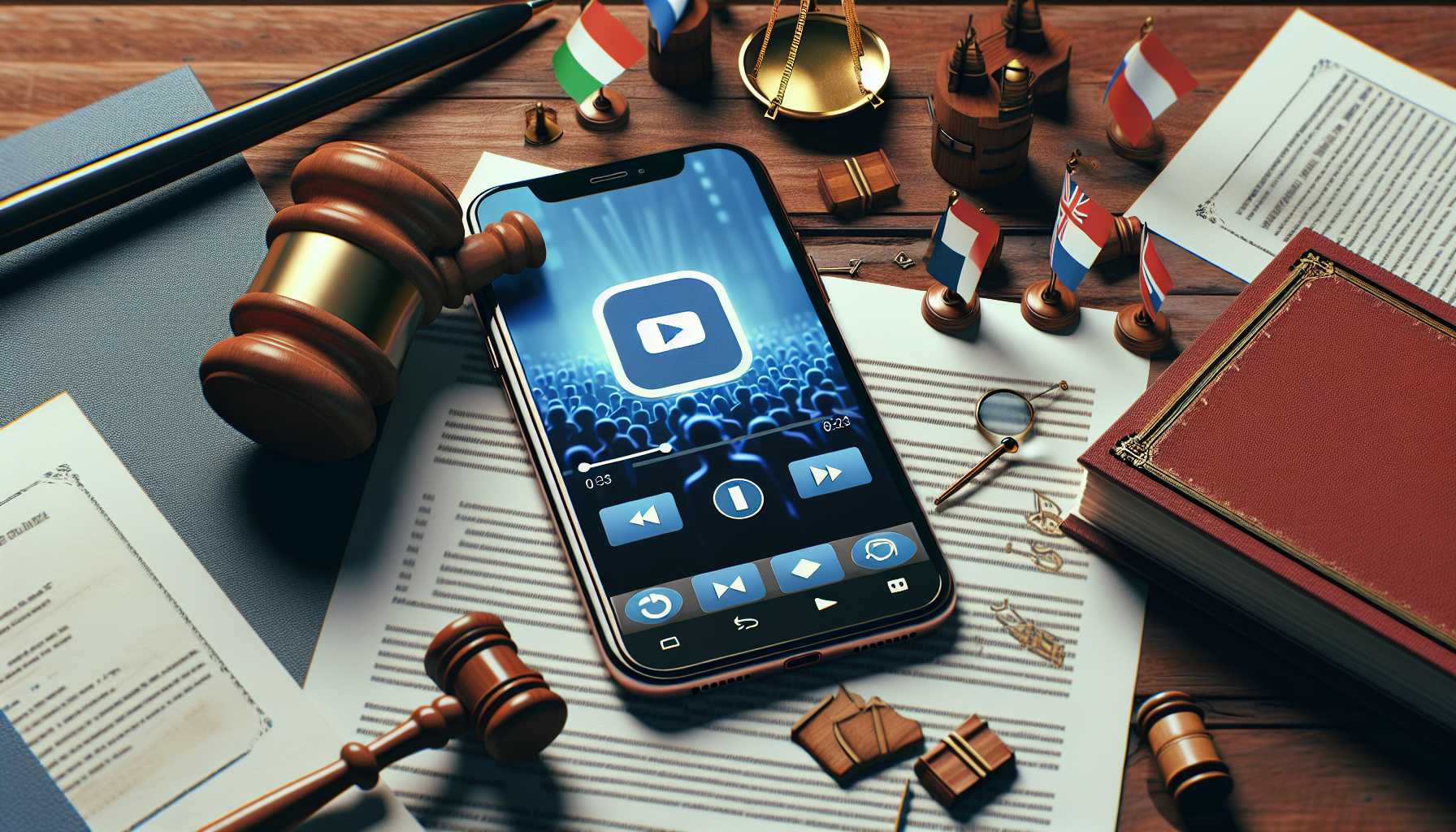The Freedom Frontier: Noncompete Agreements in the FTC’s Crosshairs
Silicon Valley and startup ecosystems across the nation recently felt the tectonic plates of their landscapes shift. The Federal Trade Commission (FTC) sent a resounding message that reverberated through the halls of venture-backed offices: noncompete agreements for the majority of workers are on the chopping block.
With a razor-thin vote of 3-2, the FTC aims to dismantle the walls blocking talent migration within the industry, especially those who aren’t perched in the lofty heights of the C-suite executive offices.
The upshot?
Suddenly, the hiring pool for us startup founders and talent scouts has been transformed into an ocean of possibilities. Imagine a world where the barriers that kept domain experts cordoned off behind contractual barriers simply evaporate—this could very well be that world.
Nick Cromydas of Hunt Club cheers the potential “cross-pollination,” anticipating a landscape where deeper industry knowledge flows like a river between competing firms.
However, tackling intellectual property concerns in a noncompete-less world demands a different toolset.
Enter non-disclosure agreements and an uptick in the race to patent innovations: shields to guard the lifeblood of corporate innovation without impeding personal career growth.
But not so fast—there’s hesitation in the startup sphere.
Nerves are jangling over the future enforceability of these rulings. Amidst the murmur of concerns, lawsuits stack up against the FTC’s decision, foreshadowing a legal saga over the fate of noncompetes.
Should startups clean the slate of their current noncompete agreements? Legal expert Ryan Vann advises a watch-and-wait approach, cautioning against hasty action until the dust settles. It’s a cliffhanger worthy of its own tech thriller series.
BlizzCon Bows Out: A Shift in Strategy for Blizzard Entertainment
BlizzCon Bows Out: A Shift in Strategy for Blizzard Entertainment
Fans of orcs, paladins, and demon hunters may need to sit down for this one: BlizzCon 2024 is officially off the calendar. Blizzard Entertainment is pivoting from orchestrating its flagship BlizzCon extravaganza to caster spells of hype at other gaming industry events.
The shift is not about confetti cannons and cosplay parades; it’s a strategic reallocation of resources towards Gamescom and the glitzy Overwatch Champions Series—portrayed perhaps as precision strikes, spreading the gospel of Blizzard’s digital empires where the crowds are.
The contemplative gamer might inquire: what prompted Blizzard to forgo the celebration of a significant Warcraft milestone?
Was it the hangover from an underwhelming 2023 reunion or the daunting shadow of Microsoft’s mega $68.7 billion acquisition? Truthful tidings are scarce, but the cutback on BlizzCon may signal both a lessees quest for efficiency and a shrewd tactic to court the gaming proletariat where they naturally congregate.
Despite the melancholy of a BlizzCon-free year, Blizzard promises a trove of in-person and virtual festivities across its game-verse.
Meanwhile, fret not, diligent planners of GamesBeat Summit; your ship sails on, seeking speakers to champion Resilience and Adaption in Los Angeles.
The Apple Vision Pro Saga: A Reality Check on Production and Potential
The Apple Vision Pro Saga: A Reality Check on Production and Potential
When whispers turned to headlines about cuts to Apple’s Vision Pro headset production, reactions ranged from clinical analysis to full-blown technopanic. Ming-Chi Kuo’s report cast a nebulous cloud over the fate of Apple’s grandiose foray into the realm of virtual visionaries.
Expectations clashed with reality; demo demands dwindled, and the critical mass of the Apple populace seemed to question the staying power of Vision Pro.
Despite hysteria, here’s the stone-cold truth: the numbers game matters less than the change game.
Apple, with its fingertips on a $165 billion surplus, is riding a storm they likely anticipated. The Vision Pro, sporting the grandeur of the best optics in the game and intuitive eye-tracking, could very well be the iPhone of virtual reality—a vessel to a future so new, we can’t even properly dream of it yet.
Whether it finds its watershed moment now or later, Apple positions itself not for immediate domination but for perpetual innovation.
TikTok’s Tumultuous Trajectory: A US Divestment Drama Unfolds
TikTok’s Tumultuous Trajectory: A US Divestment Drama Unfolds
Biden’s signature dried, and with it, a 270-day countdown for TikTok’s critical decision commenced. The app that buzzed a whole generation into entranced scrolling now sits at a crossroads surrounded by doors marked “courtroom battles,” “sale,” and “shutdown.”
ByteDance, TikTok’s guardian, stands defensively, possibly readying for legal duels in the name of the First Amendment. Yet, the courtroom offers no sanctuary of sure victories. National security concerns weigh heavily on the scales of justice; ByteDance may find itself outmaneuvered with ownership of TikTok changing hands to someone on home soil.
Speculation surges around what a sale without the algorithmic secret sauce could mean—would TikTok maintain its hypnotic appeal, or would it crumble like a kingdom bereft of its crown jewels?
The most drastic outcome—a complete shutdown of TikTok in the US—looms like a dark cloud on the horizon. Could TikTok become nothing more than a legend in the States, a tale of what was and could no longer be?
Such thoughts reverberate with far more than economic tremors; they crack the mirror of political gamesmanship, foreshadowing implications that resonate globally. In this ever-evolving narrative, tech aficionados and business strategists alike hang on every development, their eyes watching history unfold in real-time. The final chapter is yet to be written, but the story of technology’s impact on business, culture, and individual lives continues unabated.




